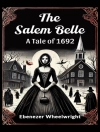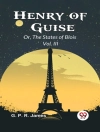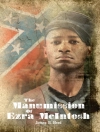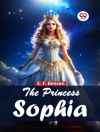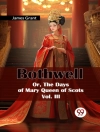In 'The Passing of Empire, ’ H. Fielding meticulously explores the complex tapestry of colonialism’s decline, weaving together historical narratives and fictional elements that illuminate the multifaceted consequences of imperial rule. The prose is marked by a rich yet accessible literary style, balancing cultural critique with vivid imagery that enables readers to immerse themselves in the socio-political landscape of a fading empire. Fielding’s keen insight into the emotional and psychological toll of disintegration offers a fresh perspective, situating the narrative within a wider context of postcolonial discourse and contemporary reflections on identity and power. H. Fielding, a distinguished scholar of colonial history and literature, draws from a profound understanding of the geopolitical shifts that accompanied the fall of empires. His academic background, coupled with personal experiences in regions once under colonial governance, informs his nuanced portrayals of characters caught in the tumult of change. Fielding’s engagement with historical sources and literary traditions serves to elevate the narrative, grounding it in a thorough understanding of the past’s shadows over the present. I wholeheartedly recommend 'The Passing of Empire’ to any reader intrigued by the intricate dynamics of power, identity, and culture in periods of transition. This book is not only a poignant story of fading glory but also a powerful reflection on the legacy of colonialism, appealing to scholars and casual readers alike.
O autorze
H. Fielding is an enigmatic figure whose literary contributions provide a window into the complexities of imperial decline. Although not widely known, Fielding’s work reflects a deep and nuanced understanding of the socio-political dynamics at play during pivotal historical epochs. 'The Passing of Empire’ is a seminal text that offers readers an evocative examination of the forces that precipitate the dissolution of power structures and the subsequent cultural and political vacuum. Fielding’s writing style is characterized by its incisive analysis and poignant prose, echoing the likes of Edward Gibbon in its thematic and historical breadth. While specific biographical information about H. Fielding remains elusive—prompting speculation that it may be a pseudonym—the author’s command of the subject matter suggests a background in history, politics, or literature. Despite the limited catalog of works attributable to H. Fielding, 'The Passing of Empire’ serves as a testament to the author’s literary prowess and remains a source of scholarly interest. Fielding’s ability to weave historical fact with narrative finesse renders the complex subject matter accessible, engaging, and thought-provoking.


